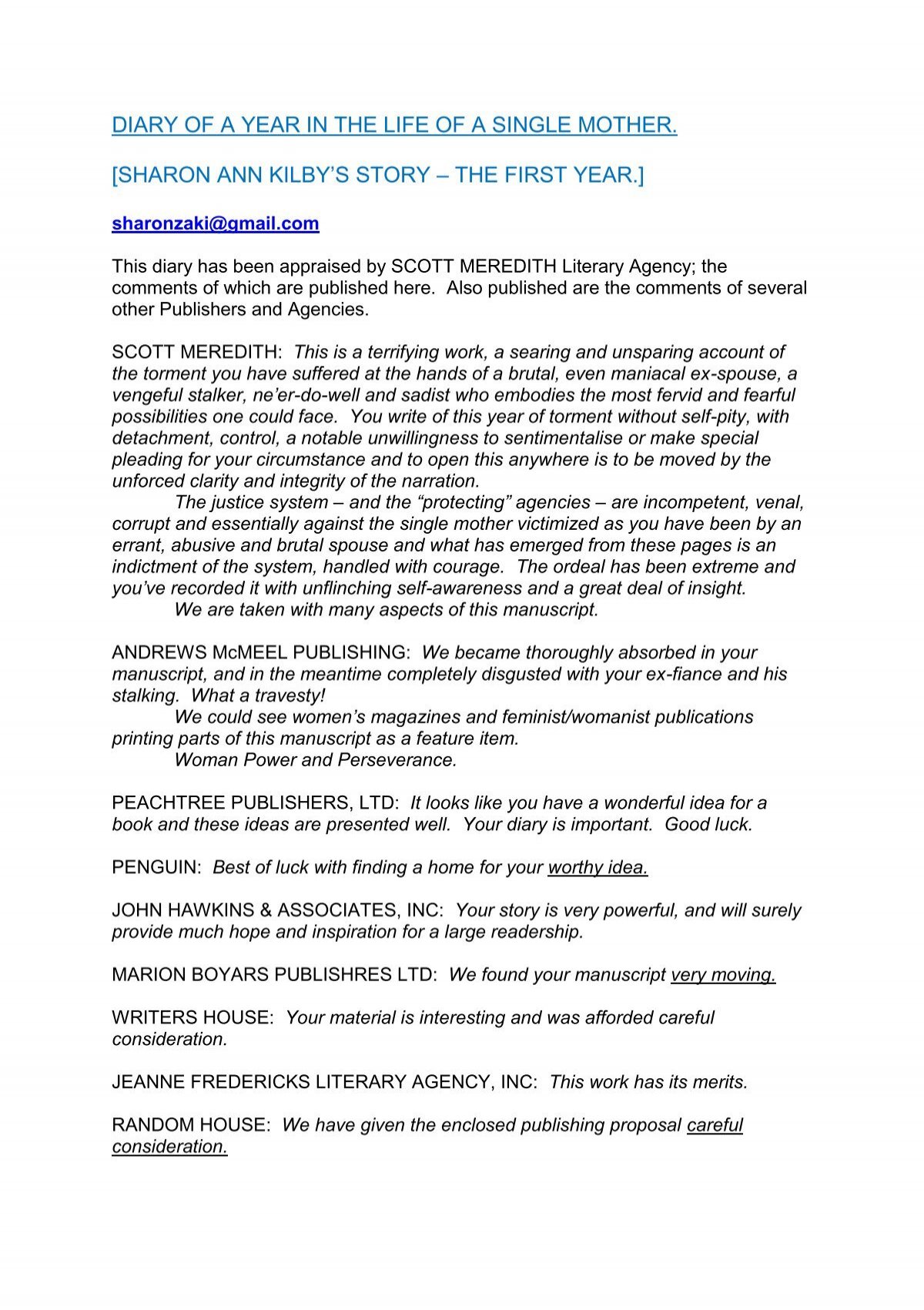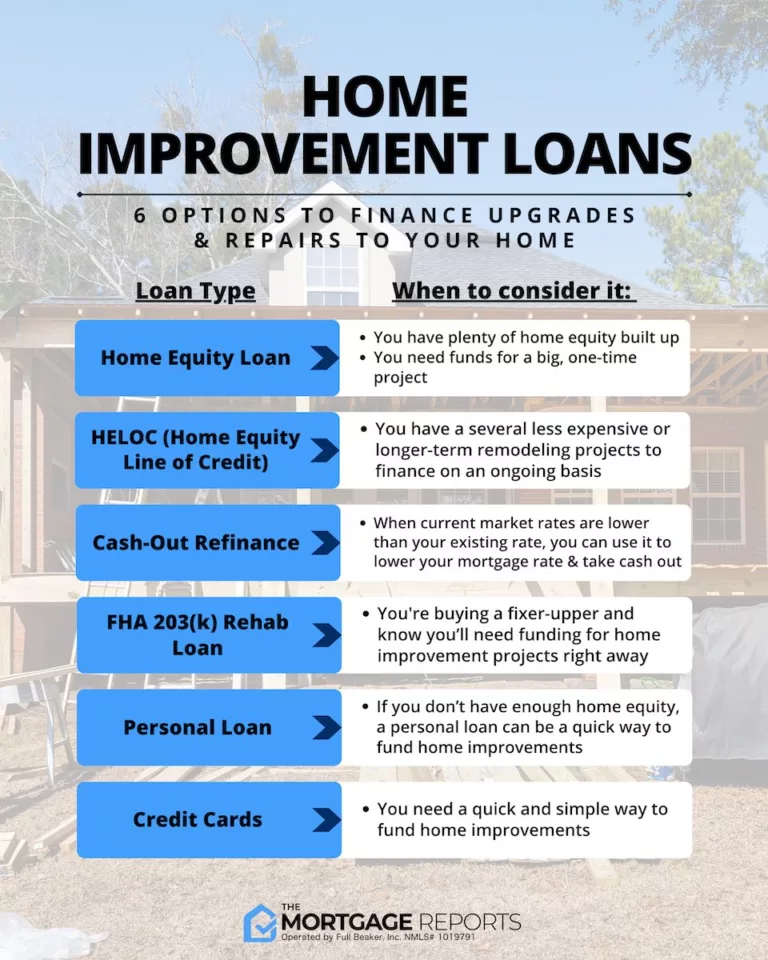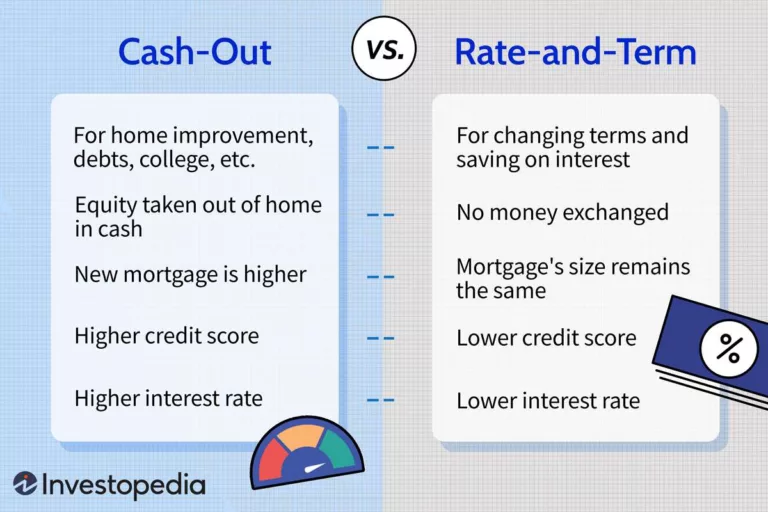A Warning for the Smug Mortgage Bores: Beware the Truth Behind Your Borrowing Bliss!
A Warning for the Smug Mortgage Bores: Don’t flaunt your mortgage as a measure of success; it could lead to financial pitfalls. The housing market has long been a topic of fascination for many, with conversations revolving around mortgages often becoming a source of bragging rights.
However, what many fail to realize is that this smug attitude towards mortgages can have dire consequences. This article serves as a cautionary tale for those who use their mortgages as a form of showing off, emphasizing the need for financial prudence and responsible decision-making.
By examining the potential pitfalls of this smug behavior, we hope to shed light on the importance of reframing our perspective on mortgages and prioritizing a sensible approach to homeownership. So, before you proudly display your mortgage as a sign of accomplishment, read on to learn about the risks that lie beneath the surface.

Credit: www.yumpu.com
The Smug Mortgage Bores
When it comes to mortgages, there is a unique breed of individuals who can’t resist flaunting their knowledge and acting superior to others. These individuals, known as the “Smug Mortgage Bores,” are often found at social gatherings, ready to impart their wisdom and snub anyone who doesn’t match their level of expertise.
What Is A Mortgage Bore?
A mortgage bore is someone who continuously boasts about their mortgage knowledge, using it as a means to belittle others. These individuals thrive on making others feel ignorant or uninformed, taking pleasure in showcasing their own superior understanding of the mortgage world.
The Problem With Smugness
Smugness is a behavior that can be extremely off-putting. It creates an environment of exclusivity, making others feel inadequate and discouraged from asking questions or seeking advice. The smug mortgage bores usually use their knowledge to overpower conversations and dismiss alternative viewpoints.
However, the problem with smugness goes beyond social dynamics. It can lead to misinformation and poor decision-making. When individuals feel intimidated or embarrassed to ask questions, they may not fully understand their mortgage options or the financial implications of their choices. This smugness, therefore, becomes a barrier to education and proper financial planning.
How To Deal With The Smug Mortgage Bores
If you find yourself in the presence of a smug mortgage bore, here are a few ways to handle the situation:
- Stay calm and confident: Remember, their smugness stems from their own insecurities. Stay confident in your own knowledge and don’t let their behavior undermine your self-assurance.
- Ask questions: Challenge their knowledge by asking intelligent questions. This not only keeps them in check but also demonstrates your own understanding and curiosity.
- Seek advice elsewhere: Don’t let one person’s smugness deter you from seeking guidance. Find other trustworthy sources of information, such as mortgage professionals or reputable websites.
Remember, no one knows everything, and it’s essential to approach mortgage discussions with an open mind. Avoid falling into the trap of becoming a smug mortgage bore yourself, and instead foster an environment of inclusivity and shared learning.
By addressing the issue of smugness in the mortgage industry, we can encourage a more supportive and informative community for everyone involved.

Credit: issuu.com
The Borrowing Bliss
Discover ‘The Borrowing Bliss’, a cautionary tale for those smug mortgage bores. This captivating narrative unveils the hidden perils and challenges of the mortgage world, engaging readers with its unique perspective and valuable insights. Buckle up for an enlightening journey that will leave you questioning your assumptions and reevaluating your mortgage choices.
Whether you’re a first-time buyer or a homeowner seeking to refinance, the allure of low interest rates can be hard to resist. In an era of historically low rates, it’s no wonder that many people are taking advantage of this opportunity to secure a mortgage. But before you get caught up in the excitement of borrowing bliss, it’s essential to fully understand the implications and responsibilities that come with homeownership. In this article, we’ll explore the joy of homeownership and the allure of low interest rates, shedding light on the hidden pitfalls that can catch smug mortgage bores off guard.
The Allure Of Low Interest Rates
One of the most enticing aspects of homeownership is the ability to lock in low interest rates. With rates at record lows, it’s easy to see why many believe it’s the perfect time to take the plunge and secure a mortgage. After all, who wouldn’t want to save money on their monthly payments or pay off their loan faster? However, it’s crucial to remember that interest rates can fluctuate over time. While today’s rates may seem unbeatable, they could rise in the future, affecting your financial stability. Therefore, it’s essential to consider not only the present but also the long-term implications of your mortgage decision.
The Joy Of Homeownership
Owning a home is often portrayed as the ultimate goal, a symbol of success and stability. There’s a sense of pride that comes with being able to call a place your own, decorate it as you please, and create a space that truly reflects your personality. Additionally, homeownership can provide a sense of security, knowing that you have a place to call home for years to come. It also offers potential financial benefits, such as building equity and the opportunity to reap the rewards of property price appreciation. However, it’s vital to remember that homeownership also comes with a significant level of responsibility, including ongoing maintenance costs, property taxes, and potential unforeseen expenses. Before diving into the joy of homeownership, make sure you’re willing and prepared to shoulder these responsibilities.
The Truth Behind Borrowing
Beware the mortgage enthusiasts: Uncover the hidden realities of borrowing with this cautionary tale. Discover the truth behind smug claims and be enlightened before making any mortgage decisions.
The Dangers Of Adjustable Rates
One of the most important aspects to consider as a mortgage borrower is the potential dangers associated with adjustable rates. Adjustable rates refer to interest rates that can fluctuate over time, which can significantly impact your monthly payments. While adjustable rates may seem tempting initially due to their lower initial rates, they can be deceptively risky.
With adjustable rates, your monthly payment amount can increase or decrease based on various factors, such as changes in the economy or interest rate trends. This means that what you initially thought was an affordable mortgage payment can quickly escalate, leading to financial strain and potential hardship.
It is crucial to carefully evaluate whether an adjustable rate mortgage aligns with your long-term financial goals and capacity to handle potential payment increases. Understanding the risks involved ensures that you make an informed decision that best suits your financial situation.
Hidden Fees And Charges
Another vital aspect to be aware of when borrowing for a mortgage are the hidden fees and charges that can add up quickly and impact the overall cost of homeownership. Besides the obvious costs such as the down payment and monthly mortgage payments, there are often hidden fees that catch borrowers off guard.
These hidden fees can include origination fees, appraisal fees, closing costs, and private mortgage insurance (PMI), among others. They may seem small individually, but when combined, they can significantly increase the total amount you need to borrow.
To avoid any surprises, it is essential to diligently review and understand the loan estimate provided by your mortgage lender. This document outlines all the expected expenses associated with your loan, allowing you to plan accordingly and make informed decisions.
The Impact Of Credit Scores
Your credit score plays a crucial role in the borrowing process, as it strongly influences the interest rates and loan terms you will be offered. Lenders use credit scores to assess your creditworthiness, determine the level of risk associated with lending to you, and set the interest rate accordingly.
Therefore, maintaining a good credit score is essential to secure favorable loan terms and interest rates. It is recommended to regularly check your credit report for any errors or discrepancies that may be negatively impacting your score. Taking the time to improve your credit score before applying for a mortgage can save you thousands of dollars in interest over the life of your loan.
Remember, your credit score is not only influenced by your payment history but also your credit utilization, length of credit history, and credit mix. Focusing on these factors and staying financially responsible will ensure you can access the most affordable mortgage options available.
Debunking Mortgage Myths
Owning a home is often considered a major financial milestone, but it’s important to separate fact from fiction when it comes to mortgages. In this section, we will debunk some of the most common mortgage myths that might have you feeling like a smug mortgage bore. Let’s dive in!
Owning Vs Renting: The Real Costs
Many people believe that renting is always cheaper than owning a home. However, this is not necessarily true. While it’s true that renting doesn’t require a down payment or maintenance costs, in the long run, homeownership can actually be more cost-effective. Here’s why:
- Building equity: When you pay your mortgage, you’re building equity in your home. This means that you are increasing your ownership stake in the property over time.
- Tax benefits: Homeowners can often benefit from tax deductions, such as mortgage interest and property taxes.
- Stability: Rent can increase over time, but with a fixed-rate mortgage, your monthly payment remains the same for the duration of the loan.
- Investment potential: Real estate has the potential to appreciate over time, allowing homeowners to build wealth through their property.
So, while there are costs associated with homeownership, it’s important to consider the long-term financial benefits that come with owning a home.
The Myth Of ‘good Debt’
Debt is often seen as something negative, but some argue that there is such a thing as ‘good debt.’ This myth suggests that certain types of debt, like a mortgage, are considered good because they can potentially increase your net worth. However, it’s important to approach this notion with caution.
While a mortgage can be an investment in your future, it is still debt that should be managed responsibly. Taking on too much debt or stretching your finances too thin can lead to financial stress and put your home at risk. It’s essential to carefully consider your financial situation and ensure that you are comfortable with the amount of debt you take on.
The Importance Of Saving For Emergencies
Some potential homeowners believe that as long as they can afford the monthly mortgage payment, they don’t need to worry about saving for emergencies. This is a dangerous assumption to make. Life is unpredictable, and unexpected expenses can arise at any time.
Having an emergency fund is crucial for homeownership. This fund provides a safety net for unexpected home repairs, job loss, medical emergencies, or any other unforeseen circumstances. Without a sufficient emergency fund, you may find yourself in financial distress, potentially leading to missed mortgage payments or even foreclosure.
So, before you jump into homeownership, make sure you have a solid emergency fund in place. This will give you peace of mind knowing that you’re financially prepared for whatever comes your way.
Protecting Your Financial Stability
Discover the dangers faced by complacent mortgage enthusiasts who neglect their financial stability. Stay informed and protected with our expert advice.
Building A Solid Budget
A solid budget is the cornerstone of financial stability. By creating a budget, you can effectively track your income and expenses, ensuring that you are living within your means. Start by listing all your sources of income, such as your salary or any side gigs you have. Then, make a comprehensive list of your regular monthly expenses, such as rent or mortgage payments, utility bills, groceries, transportation costs, and any loan repayments.
Once you have your income and expenses listed, it’s time to analyze your budget. Look for areas where you can make adjustments to save money. Are there any unnecessary expenses that you can eliminate? Can you find more affordable alternatives for certain services? By making small changes to your budget, like cutting back on eating out or entertainment costs, you can create more room for savings and build a financial cushion.
Understanding The Fine Print
When it comes to mortgages, understanding the fine print is crucial for protecting your financial stability. Many people make the mistake of simply signing on the dotted line without thoroughly reading and understanding the terms of their mortgage agreement. To avoid any unpleasant surprises down the road, take the time to carefully review the terms and conditions of your mortgage.
Pay close attention to important details such as the interest rate, the length of the mortgage term, and any penalties or fees associated with early repayment. Make sure you are aware of the potential consequences of missing a payment or defaulting on your mortgage. By fully understanding the fine print, you can make informed decisions and avoid any potential financial pitfalls.
Seeking Professional Advice
Seeking professional advice is another important step in protecting your financial stability. While it may be tempting to rely solely on your own research and knowledge, consulting with a financial advisor or mortgage professional can provide you with valuable insights and guidance. These experts specialize in financial matters and can help you navigate the complexities of mortgages.
A financial advisor can offer personalized advice tailored to your unique financial situation. They can help you determine how much you can afford to borrow, find the best mortgage options available, and assist you in developing a long-term financial plan. With their expertise, you can make well-informed decisions and feel confident in your mortgage choices.

Credit: www.gutenberg.org
Frequently Asked Questions For A Warning For The Smug Mortgage Bores
What Are The Consequences Of Being A Smug Mortgage Bore?
Being a smug mortgage bore can lead to strained social interactions, as people may find your constant bragging about your mortgage irritating. Additionally, it can prevent you from considering other financial options and limit your ability to learn and grow.
How Can I Avoid Becoming A Smug Mortgage Bore?
To avoid becoming a smug mortgage bore, it is important to practice humility and empathy. Listen to others’ financial experiences and be open to different perspectives. Remember that there are many factors that contribute to an individual’s mortgage situation and it is not a measure of personal worth or success.
What Are Some Common Misconceptions About Mortgages?
Some common misconceptions about mortgages include the belief that home ownership is always better than renting, that a bigger mortgage means higher status, and that paying off a mortgage is always the best financial decision. It’s important to be aware of these misconceptions and consider all factors before making decisions about mortgages.
How Can I Have A Healthy Approach To Mortgages Without Being Smug?
Having a healthy approach to mortgages involves being informed, considering your individual financial situation and goals, and making decisions that align with your values. It’s important to be open to learning from others’ experiences and avoid judgment or superiority when discussing mortgages.
Remember that everyone’s financial journey is unique.
Conclusion
It is crucial for mortgage enthusiasts to avoid becoming smug and complacent in their knowledge. While being informed is important, it is equally vital to remain open to new information and perspectives. Ignoring the changing landscape of the mortgage industry and dismissing alternative viewpoints can lead to missed opportunities and potential financial pitfalls.
So stay humble, stay curious, and continue to educate yourself to stay ahead in the mortgage game.




